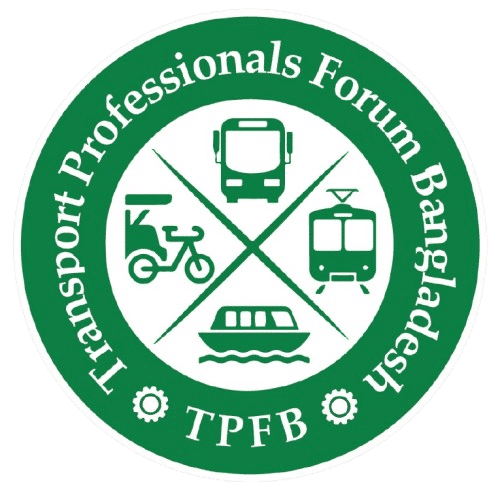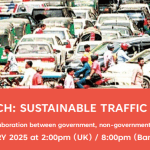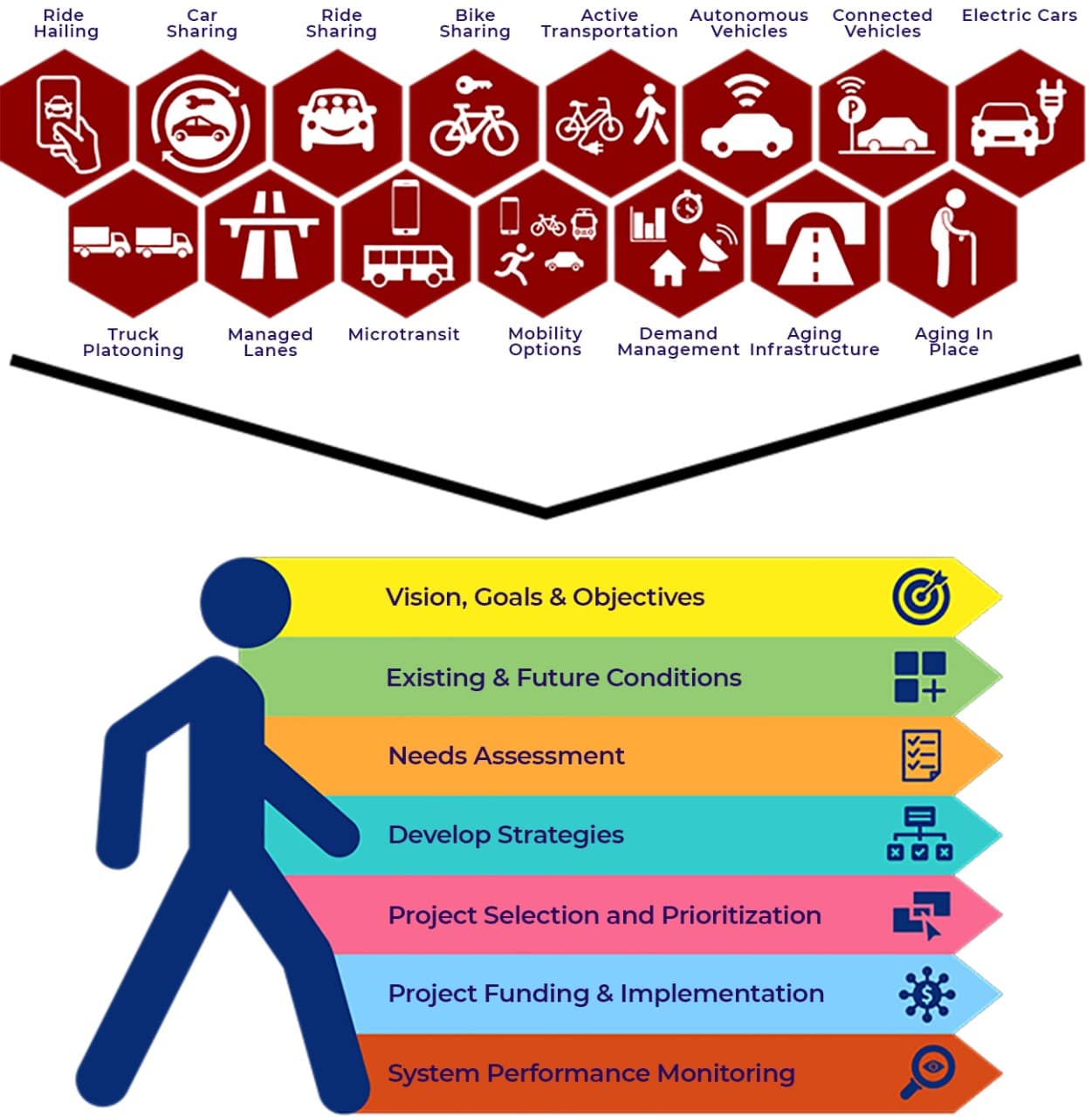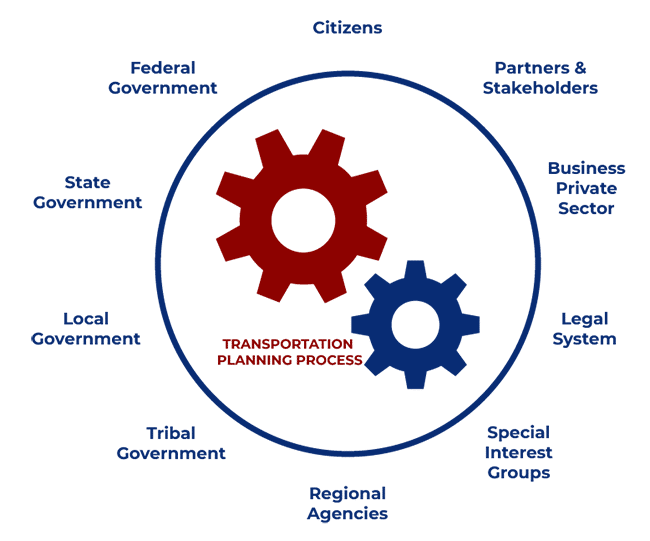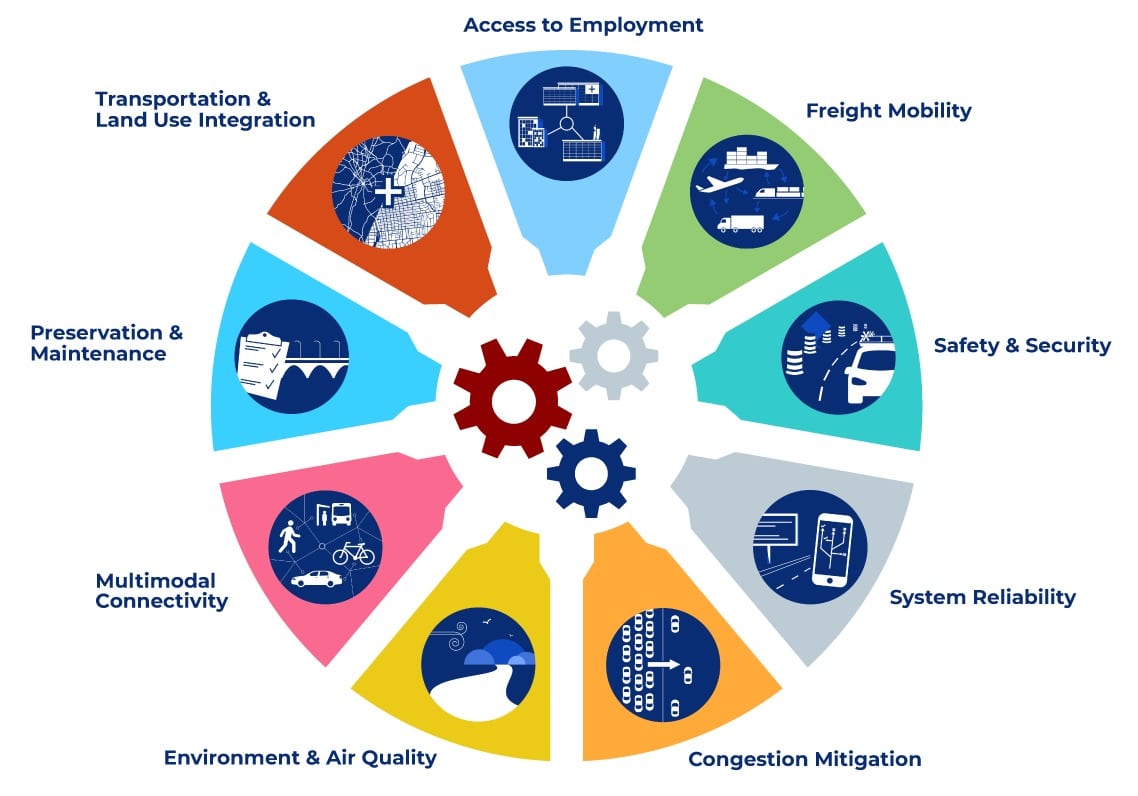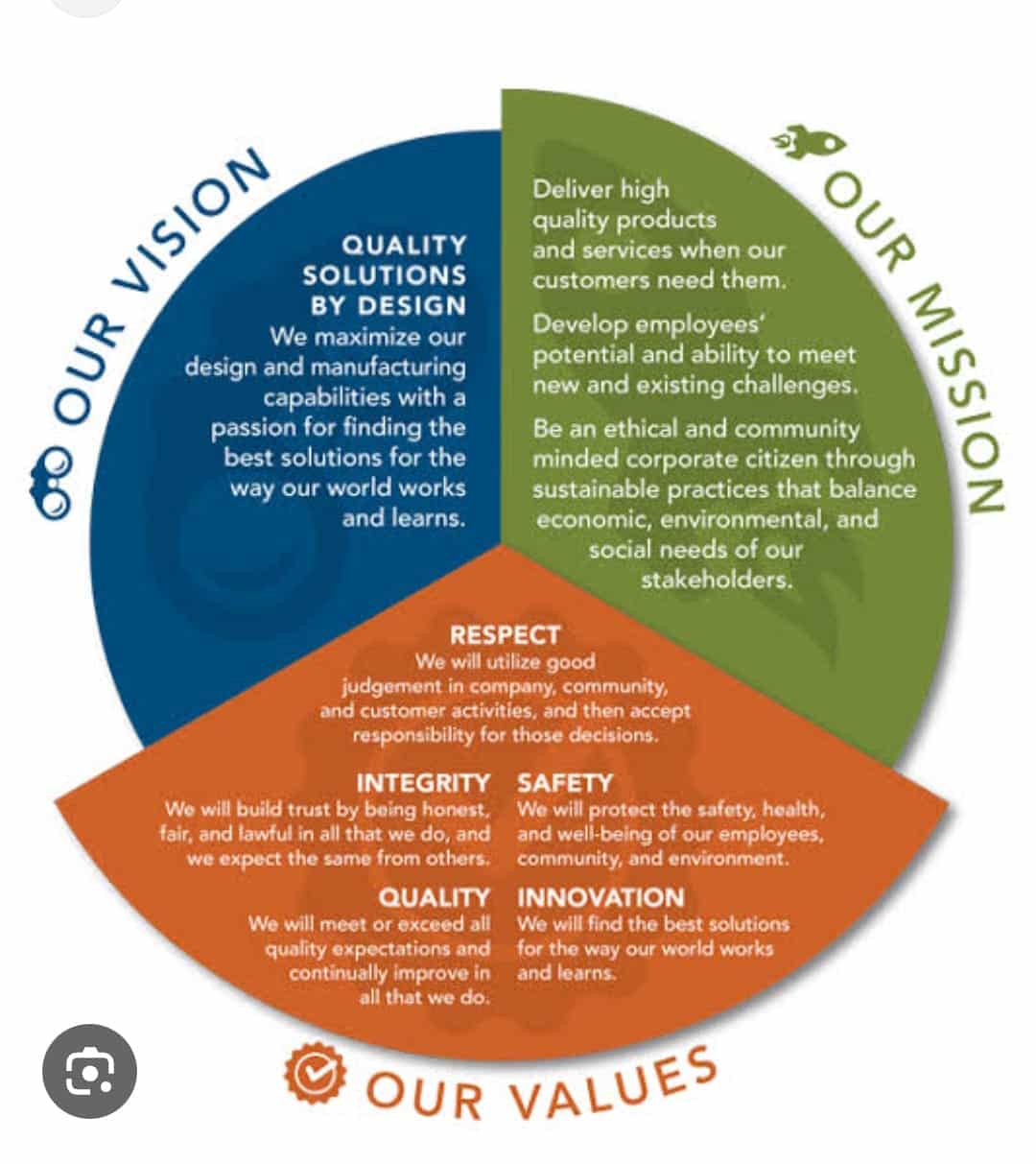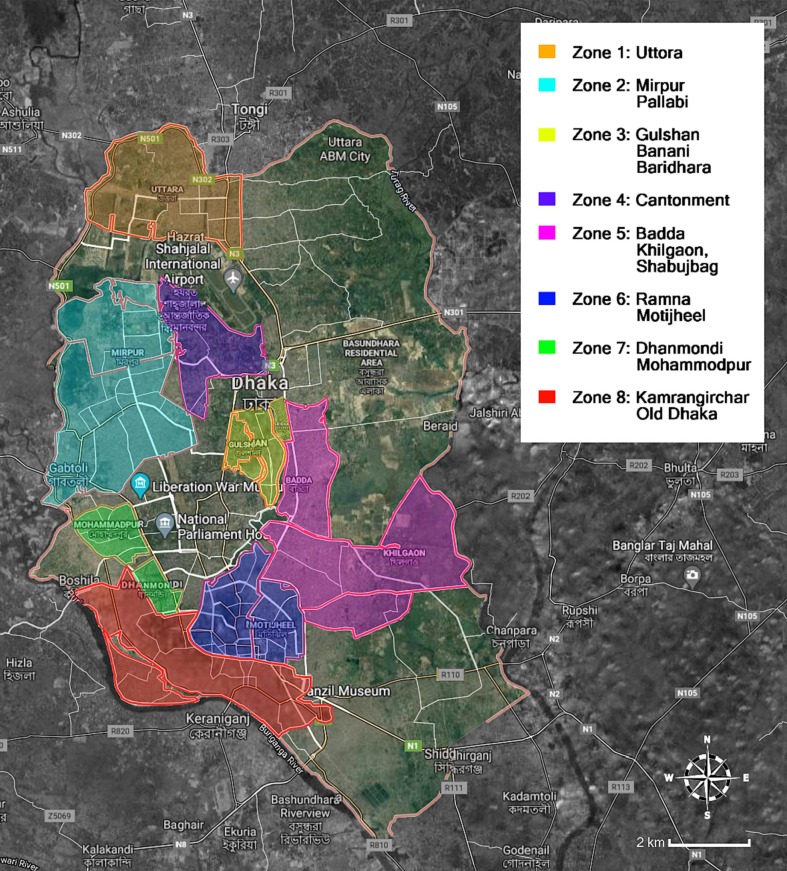
Exploring transport mobility issues and adaptive behavior of women in a developing country
Women encounter a plethora of mobility challenges in developing countries due to infrastructure challenges and conservative societal norms. This study examines the transport challenges for women across all income groups in a developing country. The data was collected from Dhaka, Bangladesh. It was collected in two stages, using three focus groups and a Revealed Preference … Read more To access this post, you must purchase Subscription Fee for 2025.
Read more
Gender equality through sustainable transport policy
Bangladesh needs to improve women’s health, security, convenience, and financial independence, particularly regarding urban mobility. An inefficient and unaffordable urban transport system limits women’s access to better job opportunities, hindering their personal growth. This study aims to achieve sustainable development in women’s mobility. It attempts to identify the most preferred policy option among different hypothetical … Read more To access this post, you must purchase Subscription Fee for 2025.
Read more
